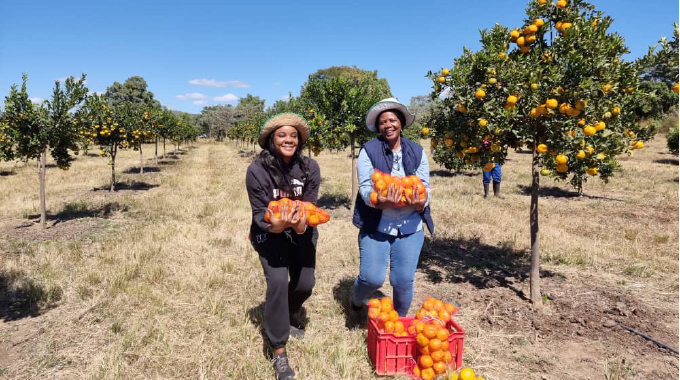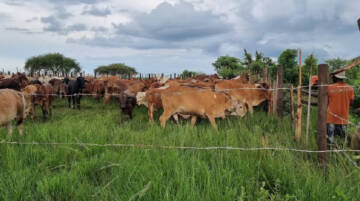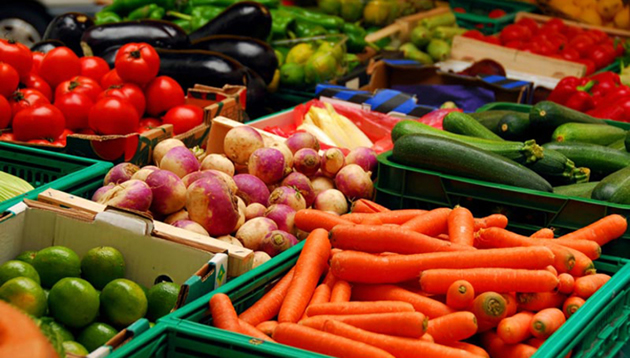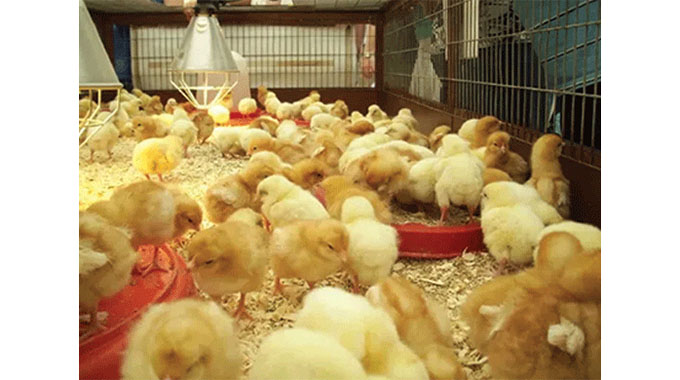Women prove their mettle in farming

Edgar Vhera Agriculture Specialist Writer
IT will be a gross miscarriage of justice if women’s success story in the transformation of the agriculture industry is not told during their month – March in which they are celebrated globally for their sterling performance in making sure families are food secure.
It is during times like this when the world pauses to acknowledge the good works being done by this demographic stratum of the population that their colleagues who would have been lagging behind should emulate, adopt and upscale their efforts towards actualising Vision 2030 of achieving an upper middle-income economy.
One example of such successful women farmers that deserve mention is Mrs Zivai Memory Samudzimu who is an A2 farmer at Pepsia Farm in Goromonzi, who is utilising all her arable 160 hectares for crop production.
“For the 2021/22 summer cropping season I did seed maize on 30ha and managed yields of six tonnes per hectare grossing 180 tonnes in the process.
“I also planted 80 hectares of seed soya beans and got an average yield of 5, 3 tonnes per hectare. This could have been better if the crop was not affected by incessant rains that saw the crop losing most flowers resulting in reduced pollination levels,” said Mrs Samudzimu.
She managed an average of 15 tonnes per hectare of commercial maize under dryland in the 2021/22 season.
For the 2022 winter wheat season, she planted 40 hectares of wheat and reaped 9 tonnes from each hectare. She plans to commit 100ha to wheat for the 2023 season if the power supply situation improves.
For the 2022/23 summer crop season she planted seed maize on 30ha, seed soya beans on 80ha, commercial maize on 30ha, potatoes on 10ha and sugar beans on 20ha.
Five hectares of her land are under oranges.
Mrs Samudzimu has a centre pivot that can irrigate 130ha, while an additional 40ha can be covered through connecting lateral pipes for irrigation. She shares from the mainline with other commercial farmers and villagers with each farmer drawing water from his or her independent reservoir.
She has also embraced the Government’s call to grow the national herd and has a herd of 165.

Mrs Samudzimu has 60 permanent workers, 42 of whom are women. She also engages up to 100 contract workers seasonally when demand for labour peaks, for instance, when she harvests crops like potatoes.
She is on the farm full-time while her husband works in the corporate world. With the farming experience she has gained over the years, her greatest impediment to greatness now is lack of adequate land. She confesses she has the potential to fully utilise 1 000ha.
Her word of advice to her peers in this month of women is that they should develop passion for farming, be on the ground always and treat farming as a business and not a hobby.
Garlic Ginger and Turmeric Growers Association of Zimbabwe (GGTGAZ) president Mrs Josephine Toro, also an A2 farmer at Perissos Farm in Seke district of Mashonaland East province, is mainly into production of seed for horticultural crops.
“The success of any horticulture project starts with quality seeds. In 2019 I started producing seedlings for sale to farmers. I started by producing 80 000 seedlings per every six-week cycle and have since expanded to over 2 million,” said Mrs Toro.
Perissos Farm Nursery produces cabbage, onion, rape, tsunga and spinach among other vegetable seeds. It also produces seedlings for fruit trees like avocado, orange, lemon among others.
Current production is done on 3 000 square metres of green house, but plans to expand the area to three hectares by 2025 are already in place.
Mrs Toro has also ventured into livestock production and currently has 50 head of cattle with a vision to diversify into dairy and beef production and has since bought a Brahman bull for breeding.
Her vision is to establish an abattoir to process pen fattened steers in future.









Comments